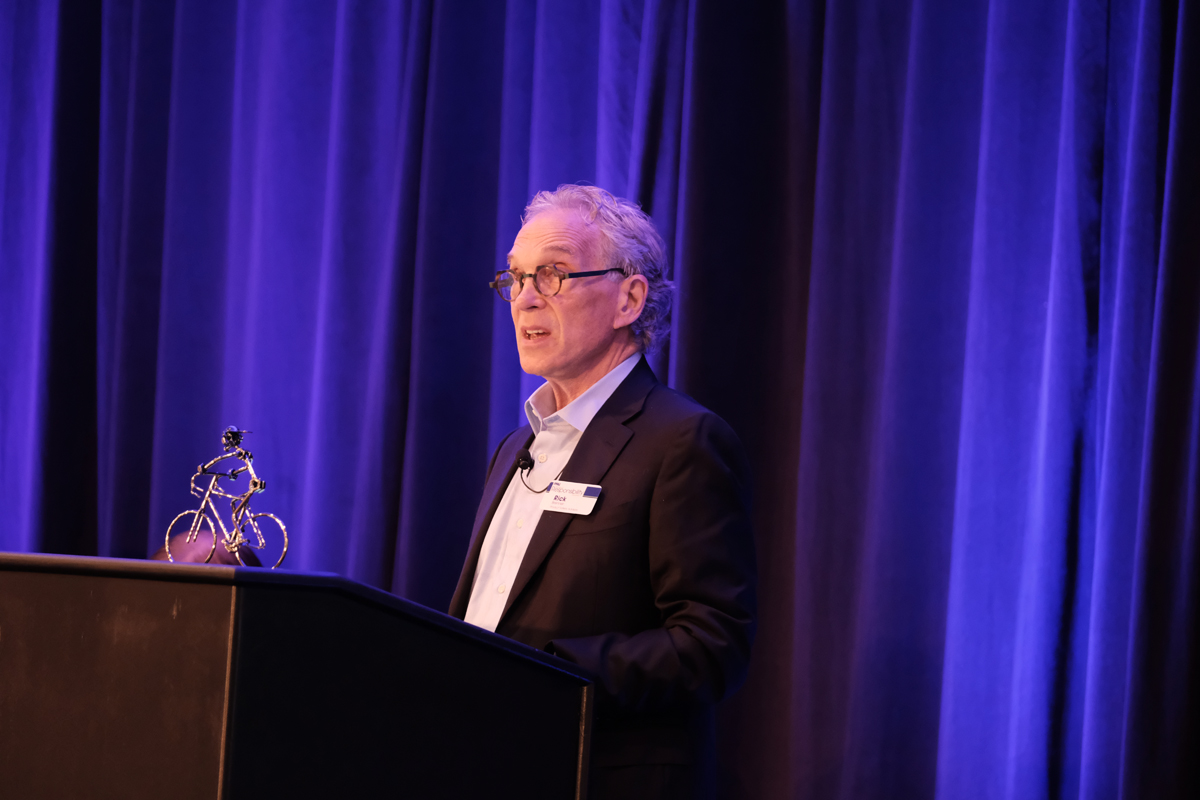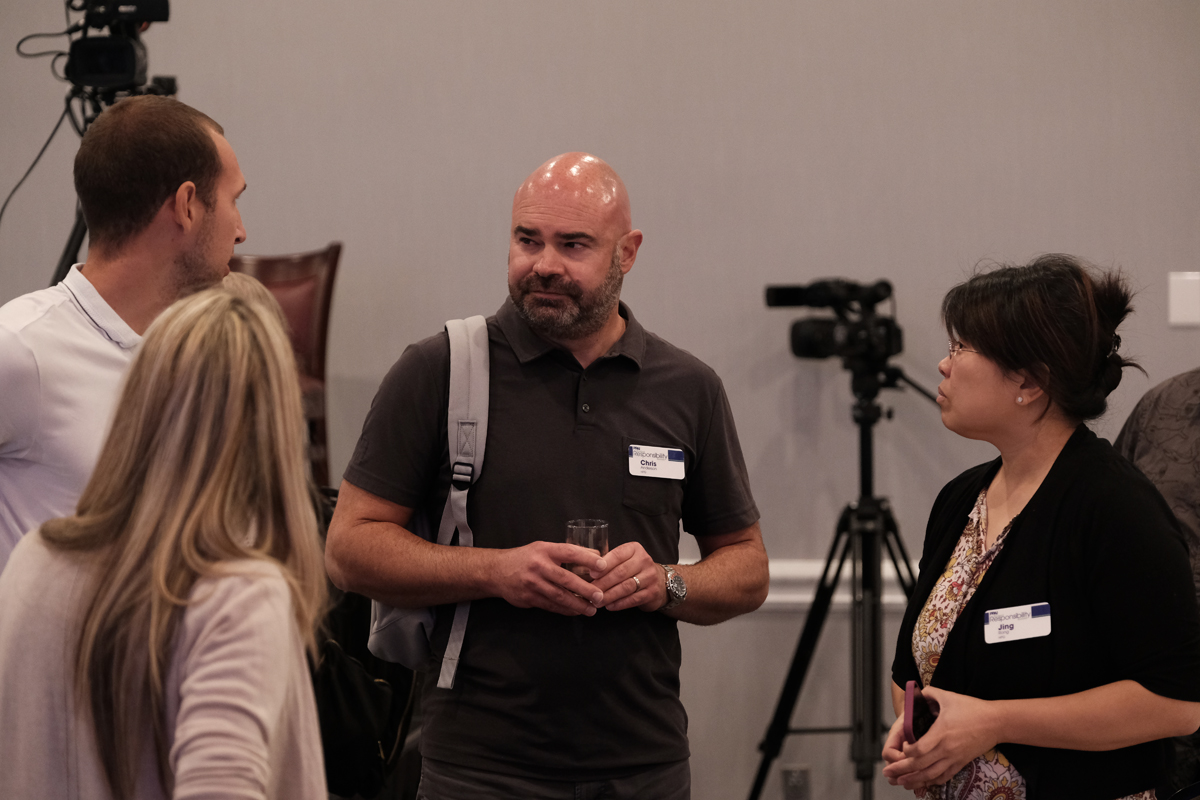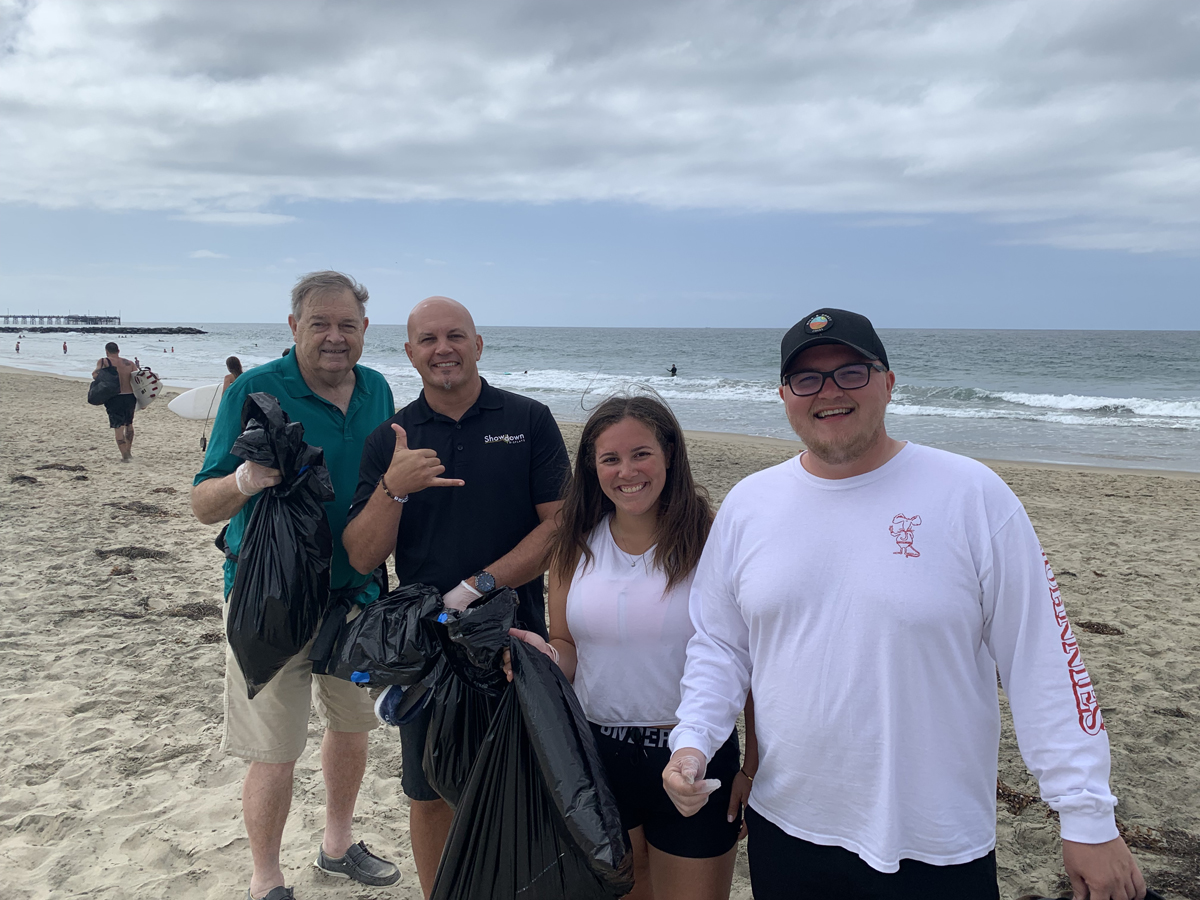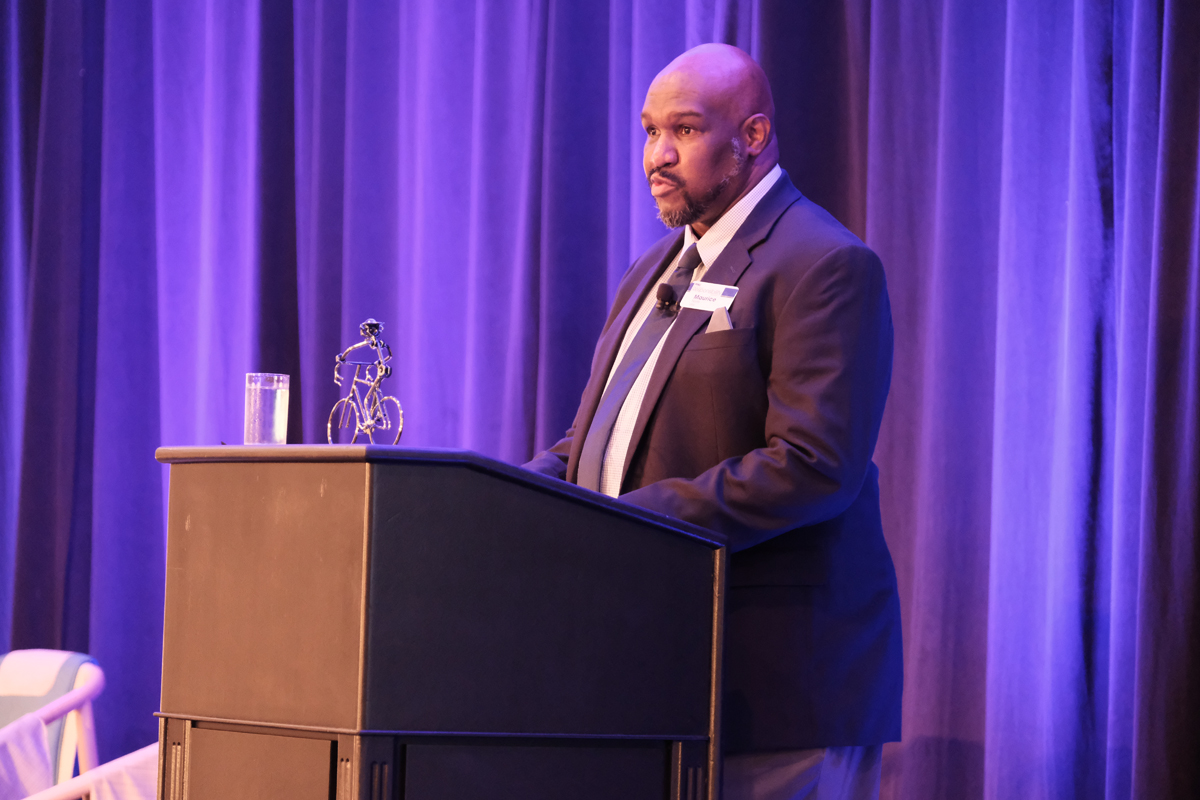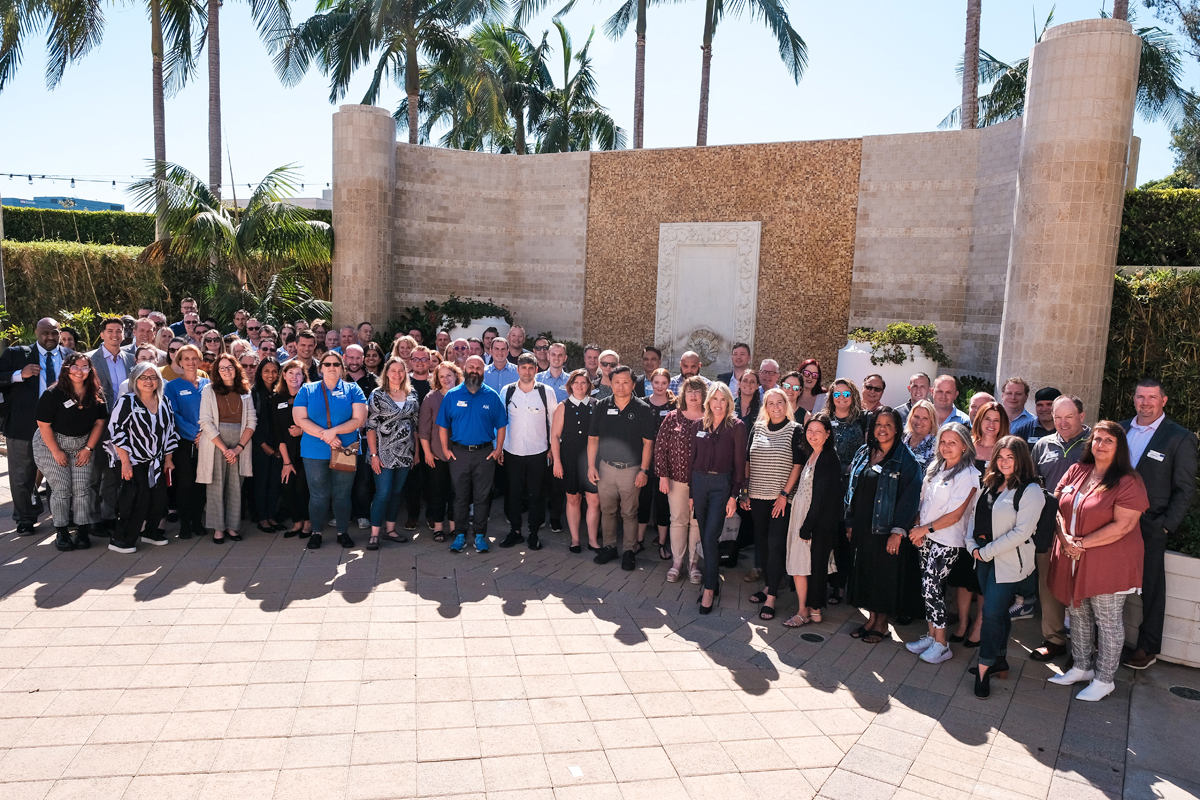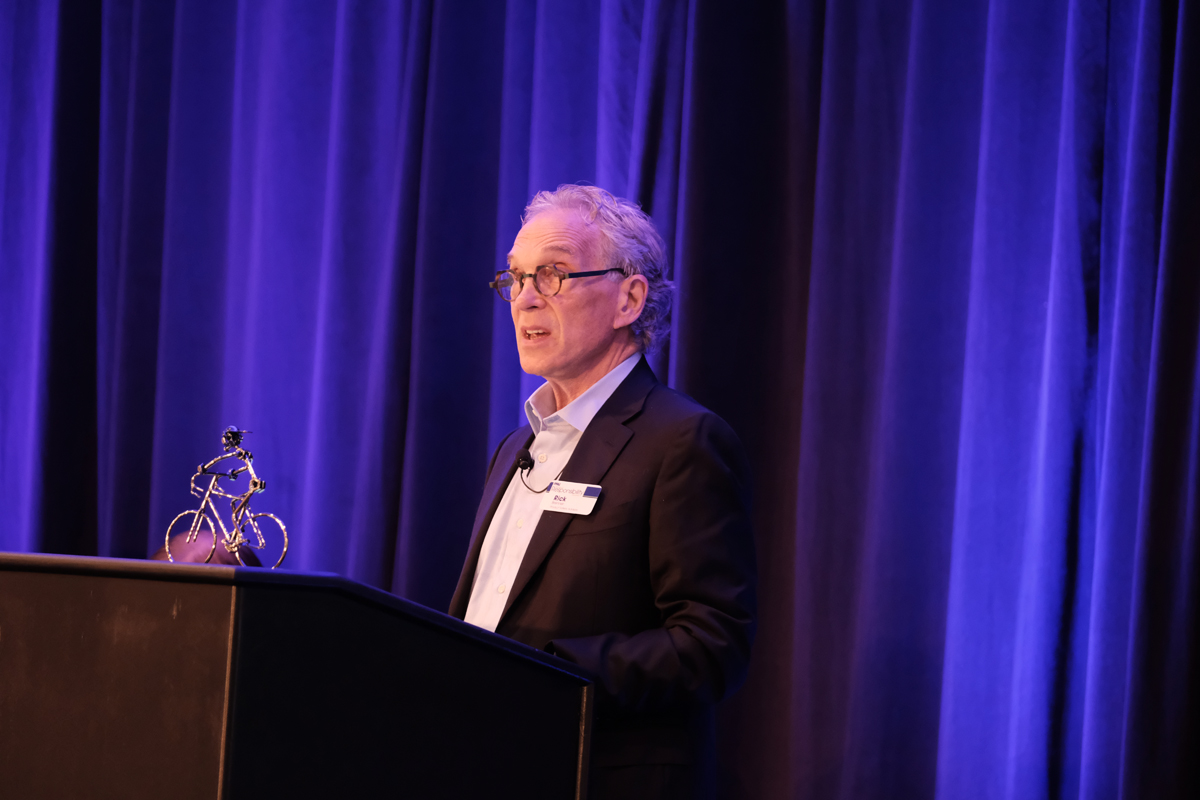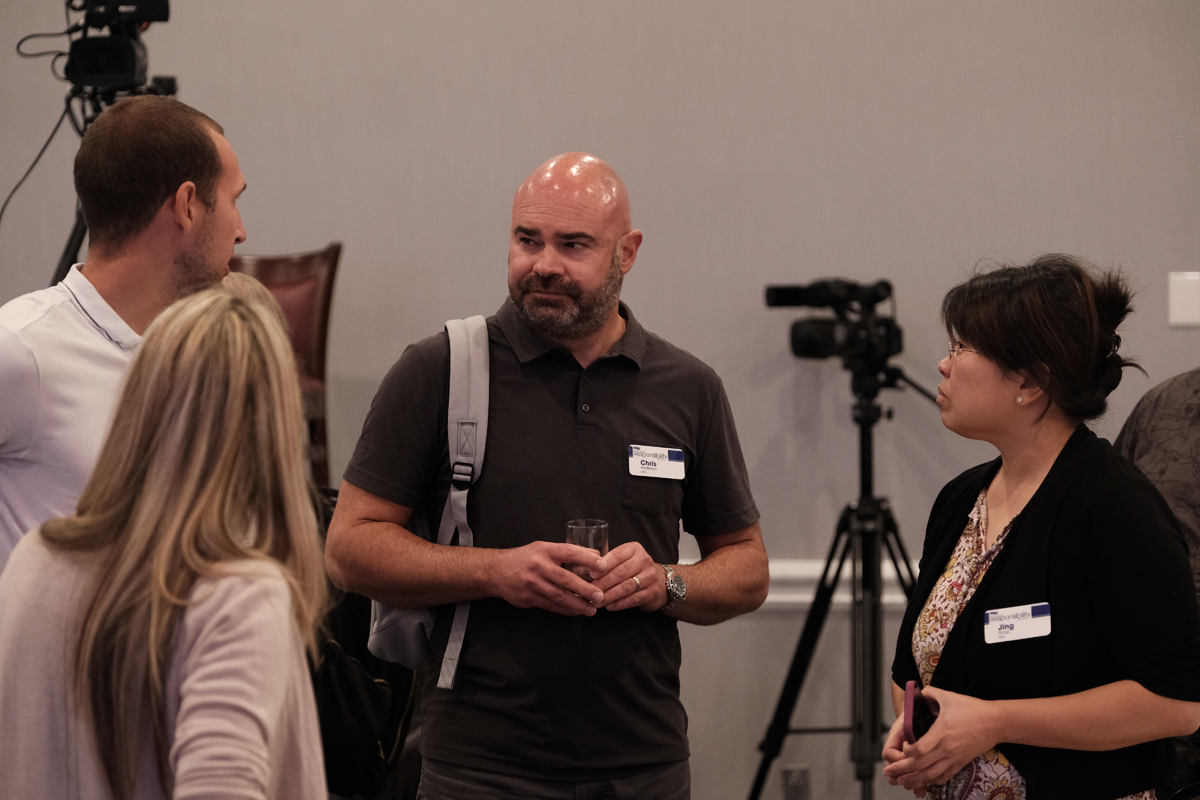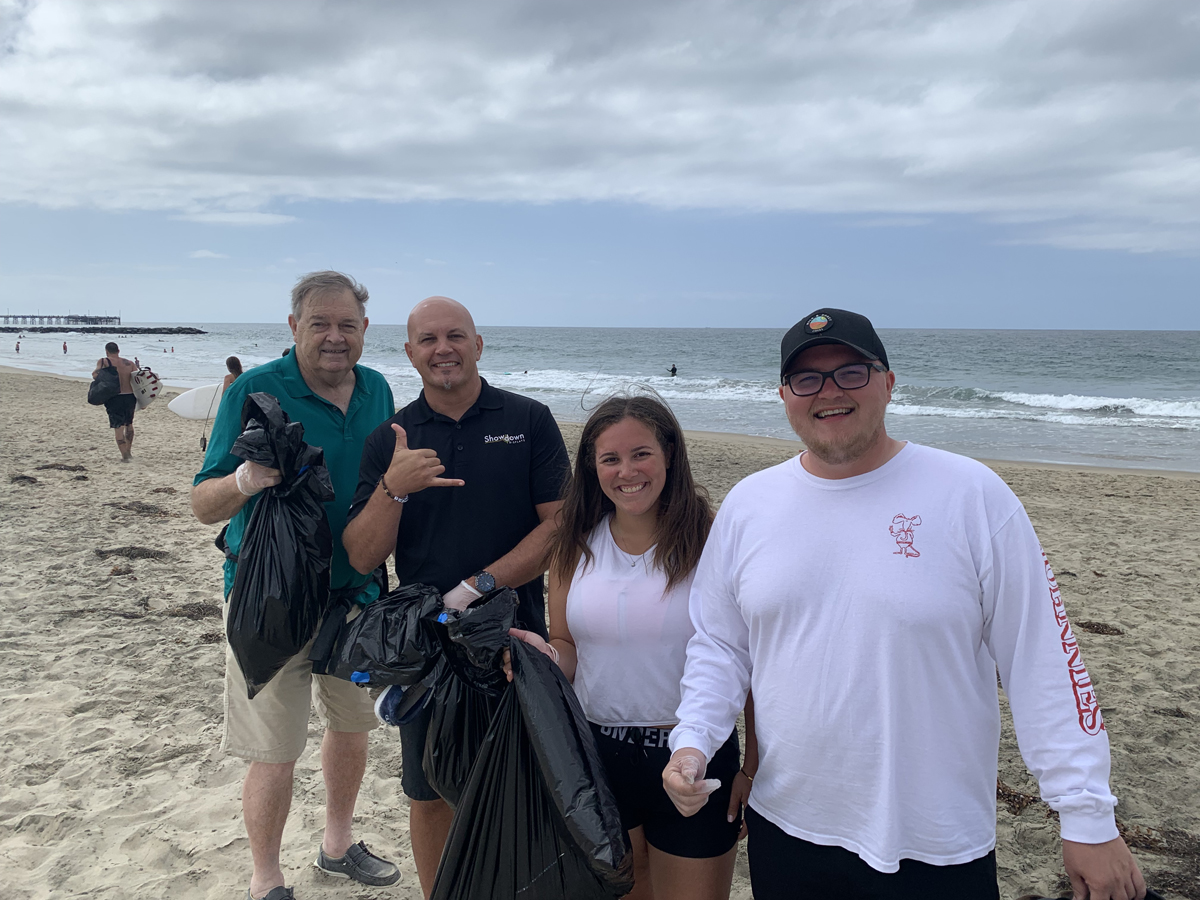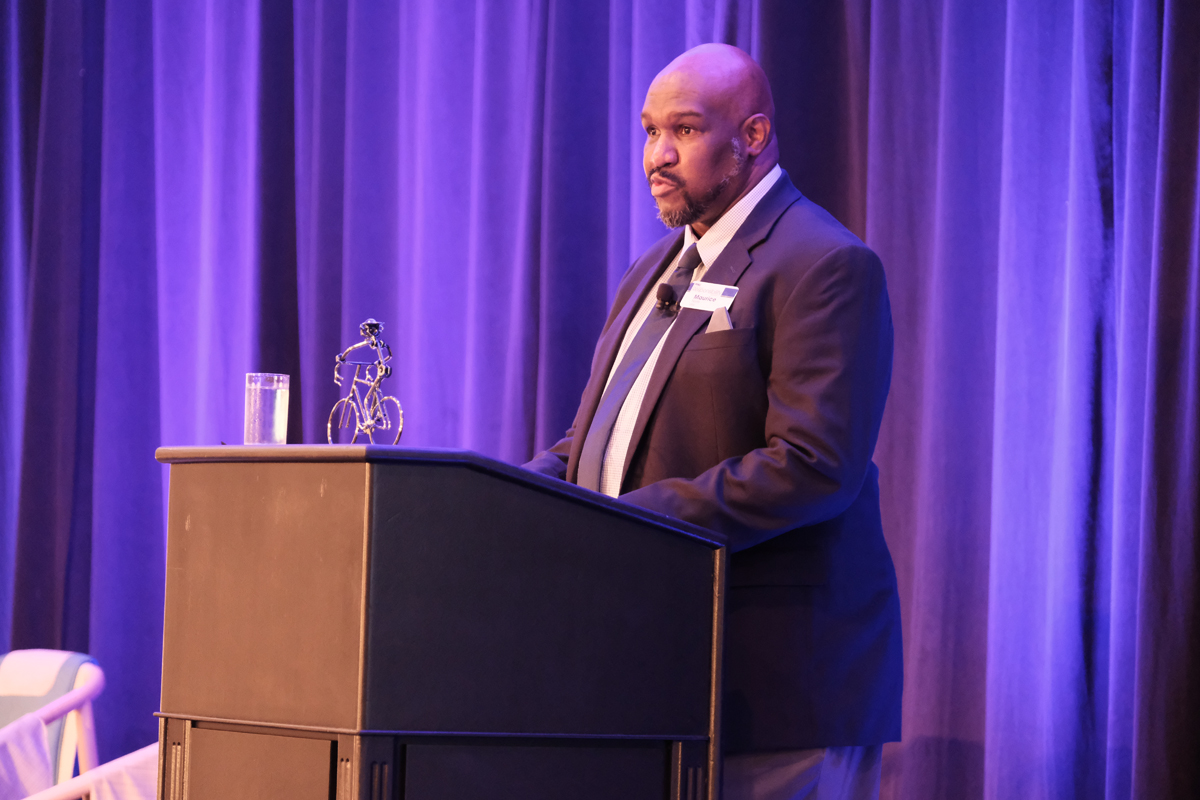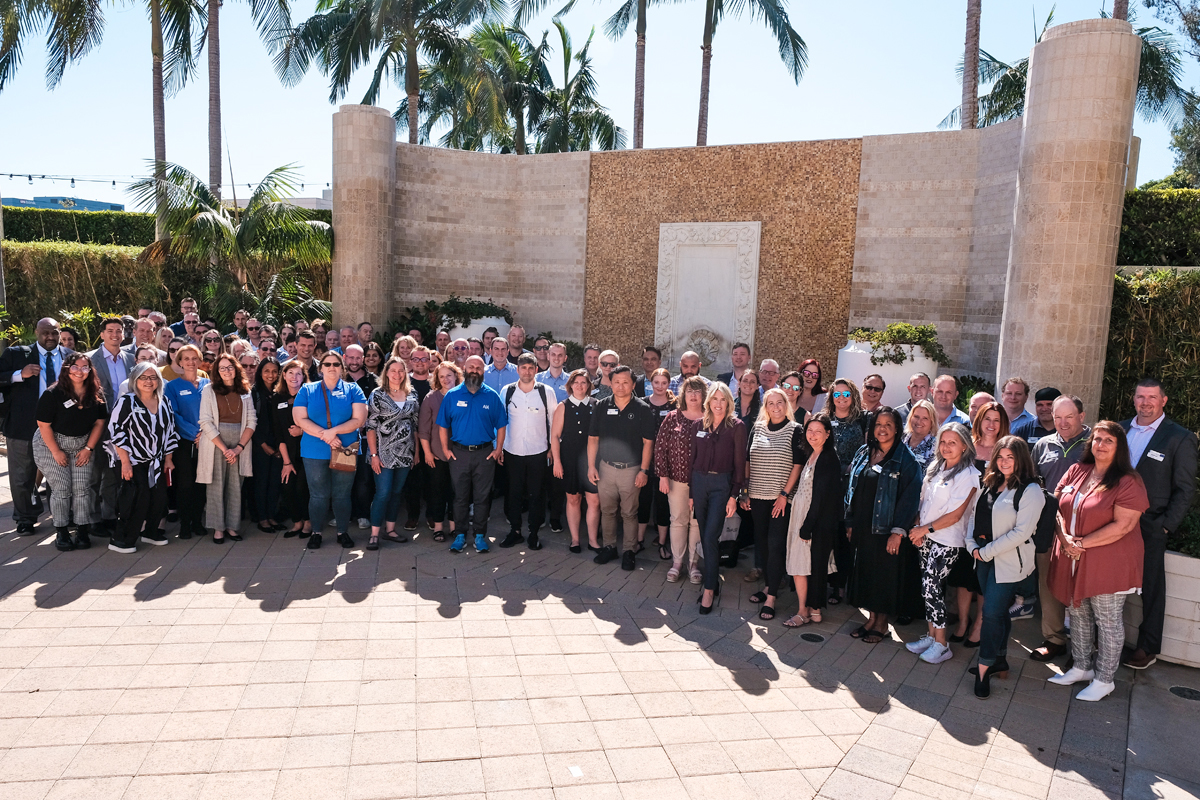Over 80% Of Industry Compliance Pros Signal Interest In Moving Production From China
Promo companies signaled their willingness to shift their product sourcing away from China at the 2022 PPAI Product Responsibility Summit. And they were explicit about it.
With concerns over product responsibility issues and stability undermining trust in the country as a production hub, on Monday a real-time poll of the compliance professionals at Summit found 83% were looking to move production elsewhere.
Attendees’ response to the poll was an eye-opening takeaway from Day 2 of the first in-person Summit since 2019. All told, 135 industry pros are attending the conference, running September 18-20, in Newport Beach, California. Following a Sunday community service project to help clean a local beach, introduction to compliance sessions in the afternoon and a reception that evening, Summit’s education sessions ramped up Monday morning and continue through today.
The China Question(s)
The insights attendees shared during the Summit polls were part of a session Monday afternoon on country risk assessment. Jennifer Winter, associate director, customer, at business risk and sustainability solutions provider Elevate; Kelli Hoggle, network representative, U.S. and Canada, at amfori, a global business association for open and sustainable trade; and Nathan Cotter, vice president of supply chain at supplier Hit Promotional Products, led a discussion on comprehensive risk analysis when evaluating a new country for possible sourcing solutions.
Summit’s last session of the day further highlighted the compliance challenges and risks at play in China. Isaac Stone Fish, founder and CEO of Strategy Risks, a consultancy helping companies manage and reduce their risks doing business in China, joined PPAI Director of Member Engagement Anne Stone, CAE, MAS, to discuss a new Chinese law that provides for retaliation against companies that comply with sanctions against Chinese entities.
Companies seeking to source products from China tread a narrow path to both adhere to U.S. prohibitions against products produced through forced labor and to avoid drawing the ire of the country’s government. There are limited options to accurately audit the supply chain there and for Stone Fish, the answer was clear.
“For so long, China was the source for most of your materials,” he says. “In the medium- and long-term, that’s likely to be a liability.”
Local Government
Summit also turned its focus on legislation and regulations on this side of the Pacific, with a look at the Customs Trade Partnership Against Terrorism (CTPAT), a voluntary partnership between U.S. Customs and Border Protection to implement security and trade compliance best practices. Sharing a detailed rundown of the organizations’ forced labor policy’s implementation and how they are striving to make its requirements as efficient as possible, Bryant Van Buskirk, CTPAT Los Angeles field director, noted, “If inherent security practices make good business sense, they’re more likely to be sustainable.”
Attendees received a rundown Monday on a range of legislation that could impact the industry from PPAI Public Affairs Manager Maurice Norris. The lineup included:
- California’s Plastic Pollutions Prevention and Packaging Producer Responsibility Act
- The Canadian Single-Use Plastics Ban
- U.S. federal legislation, including the Uyghur Forced Labor Prevention Act, Reese’s Law, the Inflation Reduction Act and the Food Safety Administration Act
- Norris also shared PPAI’s advocacy success on helping get the Country Of Origin Labeling (COOL) Online Act out of the CHIPS and Science Act of 2022.
The Business Of Promo
Six years ago, PPAI introduced its Code of Conduct at Product Responsibility Summit. This year, PPAI’s general counsel, Cory Halliburton of Freeman Law, got Monday morning started with a high-level look at the code and what it pertains to. Halliburton shared the “how, why and what” of the code and the various areas it touched on – ranging from child labor and discrimination to collective bargaining and the environment, and more.
Summit also examined of per- and polyfluoroalkyl substances (PFAS), common in many goods sold in the promotional products industry. These are used to provide water and stain resistance, nonstick surfaces and functions. First developed in 1930, PFAS are estimated to be present in the blood of approximately 98% of Americans. Summit’s session on the chemicals brought together Rick Brenner, MAS+, of Product Safety Advisors; Chase Dressman of Taft Stettinius & Hollister and Travis Norton of Bureau Veritas to lead a discussion on the chemicals and how the promo industry can respond to them.
“Even unregulated PFAS may not be safe. We just may not have the toxicology or insight to know if they are,” says Norton. “A long-term strategy is to recognize that all of them, as a class, will be regulated in the near or long term. It’s an area that is ripe for comprehensive federal regulation to provide uniform rules and regulations across the country.”




